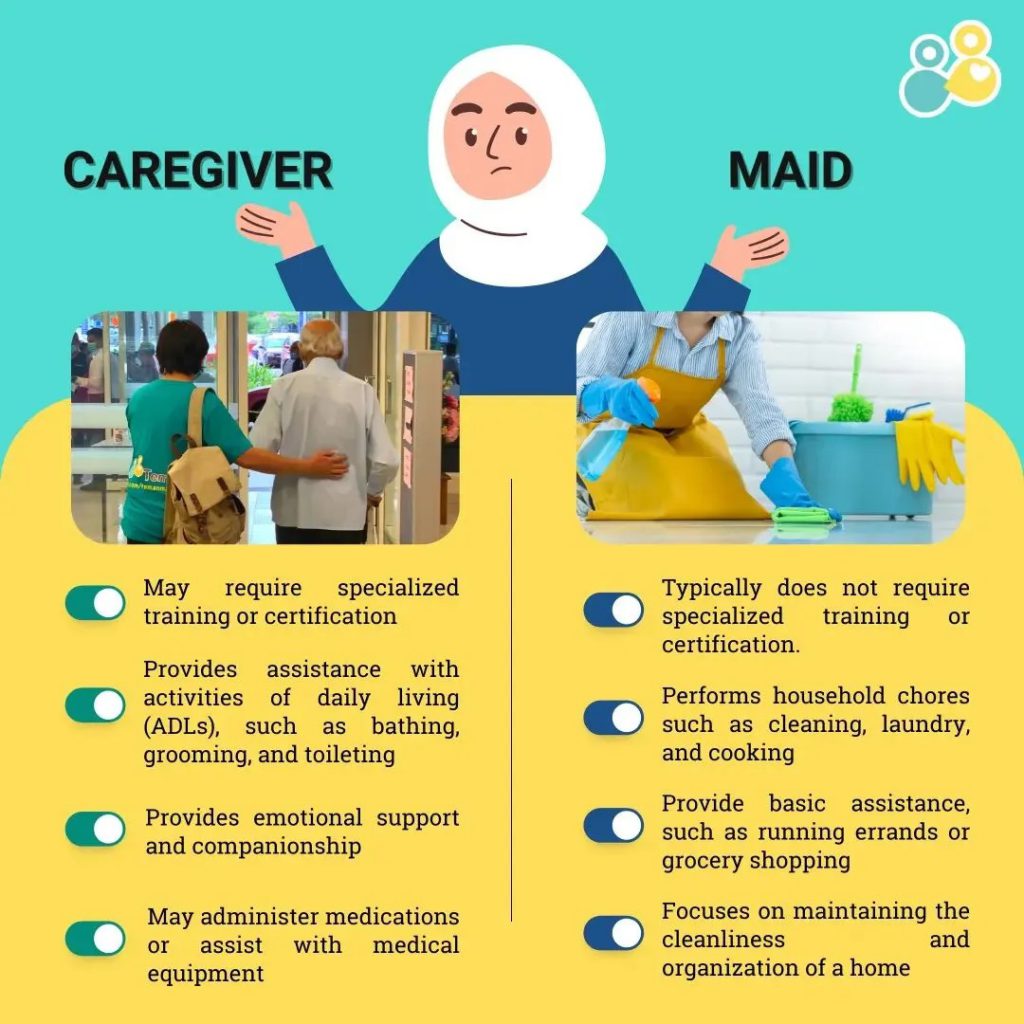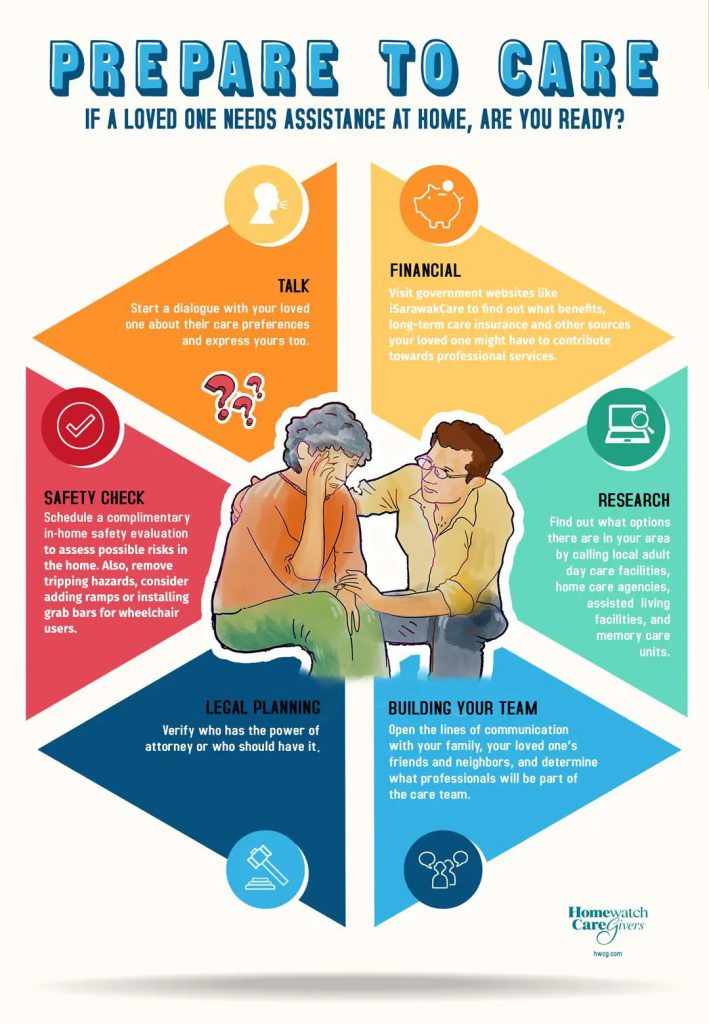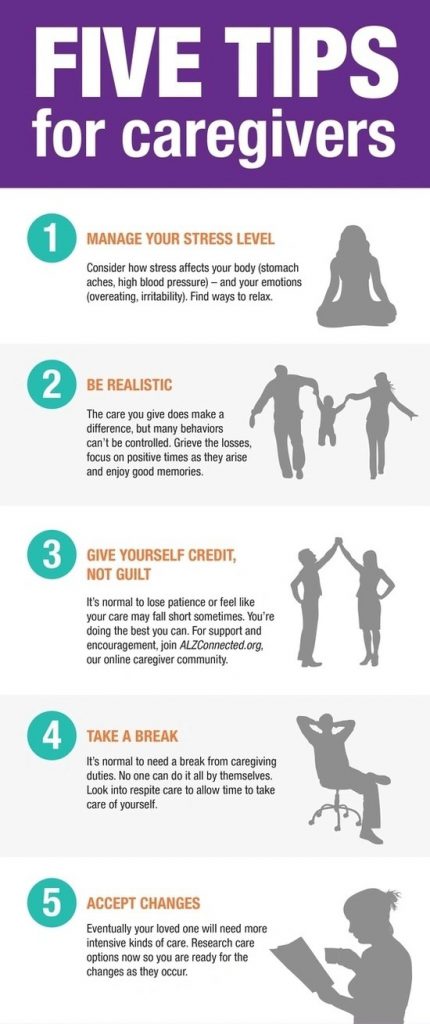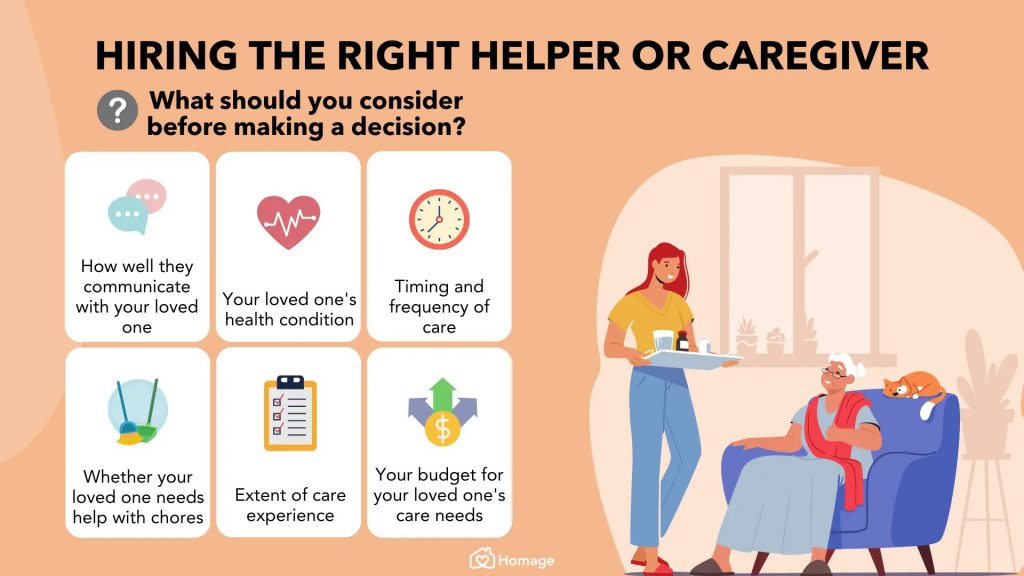Caregivers juggle various responsibilities, from managing finances to emotional support, ensuring holistic care for their loved ones. (Photo Credit: Freepik)
In the landscape of Malaysia’s burgeoning economic growth and improved public health, a significant demographic shift is underway. The country is witnessing a rapid increase in its ageing population, with life expectancy reaching levels comparable to first-world nations. By 2046, the number of older Malaysians is expected to double, emphasising the pivotal role of caregivers in ensuring the well-being and quality of life for this burgeoning demographic. This comprehensive guide endeavours to shed light on every aspect of caregiving, delving into its importance, challenges, and abundant resources available in Sarawak.
What Is Caregiving?
At its essence, caregiving is a compassionate commitment to supporting those unable to care for themselves. This assistance spans a spectrum of activities, from addressing daily needs to managing complex medication regimens. It extends beyond professional caregivers, encompassing family and friends who willingly shoulder the responsibility of caring for a loved one.
Caregivers engage in diverse tasks, from practical responsibilities like balancing cheque books to the emotionally charged role of providing support. Their significance cannot be overstated, as they become advocates, personal care providers, household managers, and more. The emotional, physical, and financial toll on caregiving families underscores the pressing need for a profound understanding of their multifaceted role.

Essential Skills and Characteristics of a Caregiver
Caregivers must possess an encompassing yet specific set of skills, including attention to detail, time management, problem-solving, and exceptional communication. Additionally, patience, empathy, adaptability, and reliability are paramount for comprehensive and compassionate care.
The responsibilities of caregivers often extend into complex medical tasks, necessitating a deep understanding of medication administration, handling medical equipment, and providing custodial care. A nuanced comprehension of the distinct needs of various populations, including older adults, people with serious illnesses, or those with special needs, is indispensable for effective caregiving.

Challenges Faced by Caregivers
The demands of caregiving, both physical and emotional, can take a toll on caregivers, leading to exhaustion and isolation. According to a Malaysian study in 2015, about 21.5% of caregivers experienced high stress from their duties, especially in terms of time, followed by physical and emotional burdens. Financial burdens further compound these challenges.
Therefore, caregivers must actively seek support and prioritise self-care to provide optimal care for their loved ones. Balancing caregiving with other life responsibilities remains an ongoing challenge. Incorporating self-care techniques, establishing a robust support system, and leveraging available resources are essential for maintaining caregivers’ physical and emotional well-being.
As the role of a caregiver carries significant legal and financial considerations, it is also recommended to establish the power of attorney, a healthcare proxy, and implement financial planning measures. By taking these formal measures early on, caregivers would be better equipped to provide optimal care while removing as many significant stressors as possible.

The Future of Caregiving Careers
A career in non-medical caregiving offers fulfilment for compassionate individuals. Caregivers find employment in various environments, including clients’ homes, assisted living communities, hospices, and nursing homes. Titles such as Live-in/Live-out Caregivers, Elderly Caregivers, and Personal Care Assistants highlight the diverse roles within this field.
As the population ages, caregivers will encounter new challenges and opportunities. Despite the demanding nature of the job, caregivers play a vital role in ensuring that patients, whether seniors or youths with special needs, receive the care and support needed for a healthy and fulfilling life.
Resources For Caregiving Services and Training In Sarawak
Various valuable resources are available for those compelled to care for a loved one needing professional assistance and those who seek a career in this fulfilling path. Organisations like Homage Care, Sarawak Hospice Society, and iCare Home Nursing offer professional hospice or in-home care services. Simultaneously, these organisations provide freely accessible online resources on their websites, like blog posts on caregiving and health-related topics. Due to the high demand for caregiving services, they generally welcome new recruits.
Furthermore, several educational institutions like CENTEXS and Methodist Pilley Institute in Sarawak contribute to this support system by providing courses for those interested in formally pursuing a caregiving career.
By comprehending the multifaceted role of caregivers and staying abreast of the latest trends and resources, Sarawakians can navigate the caregiving career path with compassion and dedication. Caregivers, as essential community members, make a meaningful impact in the lives of those they care for. As the demands of caregiving evolve, continued understanding and support will be vital for the well-being of both caregivers and their recipients of care.

References




